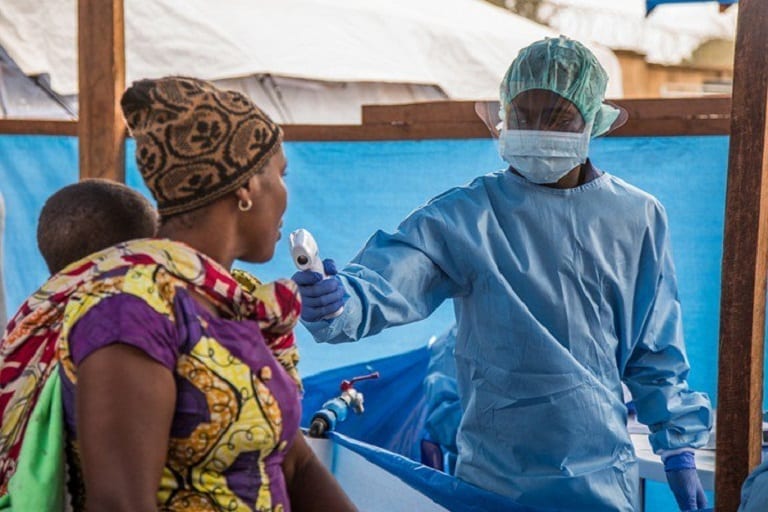Ebola-specific terms like EDS (“safe and dignified burial”) and “swab” are in French or English and are not consistently translated and explained in local languages. People consider many of these terms inappropriate, and some react negatively to them.
Health communicators soften them by explaining and replacing key terms with descriptions that are not always accurate. This creates confusion and frustration for both community members and health communicators. It also breeds fear as many words like “suspect” and vainqueur (“victor”) are associated with ideas of criminality and violence.
Current and future efforts to control the spread of Ebola will be more effective if responders actively address language and communication issues.
Read more: We won’t achieve zero Ebola cases in Congo until we get language right – by Mia Marzotto, The New Humanitarian


